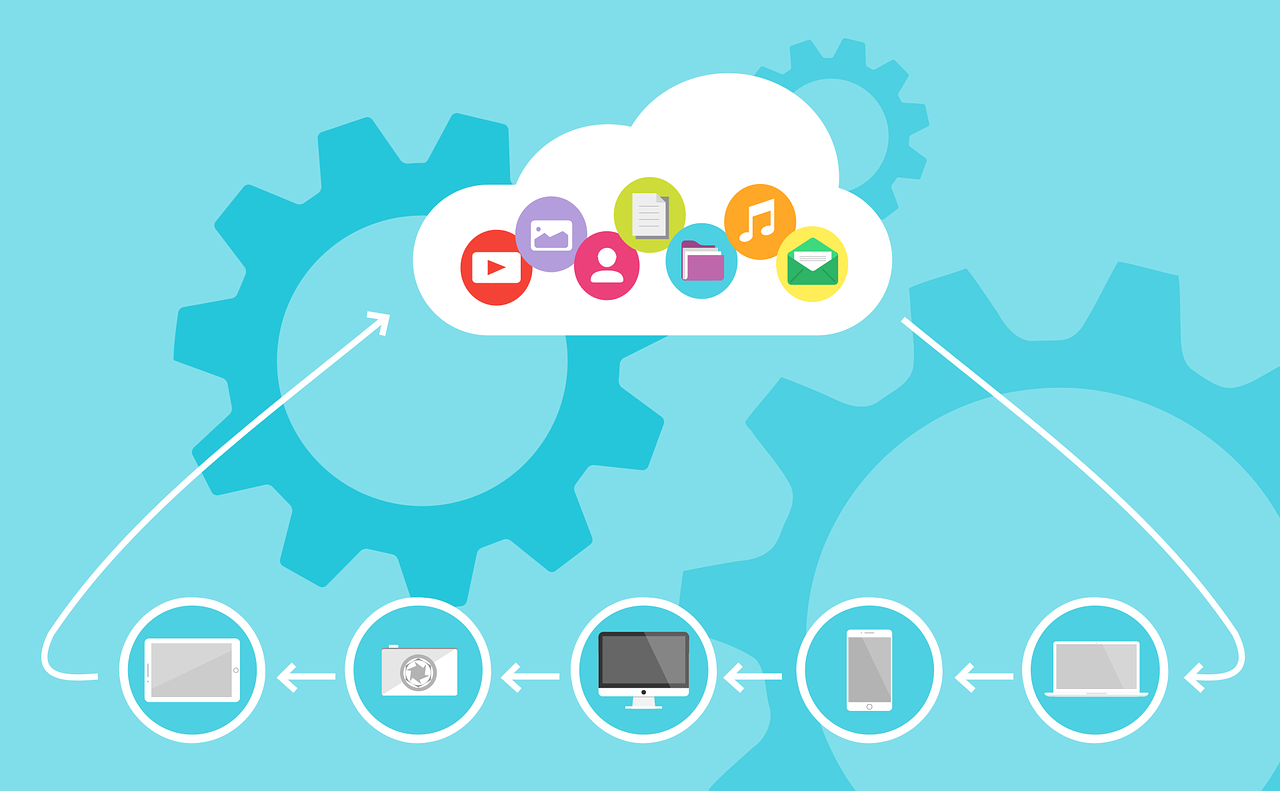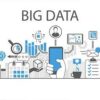It’s been big news for the past couple of weeks: Cambridge Analytica’s wrongful use of personal data derived from Facebook accounts has sparked outrage across the U.S. and raised questions across the globe. This scandal has renewed public interest in how corporations around the globe are using our data and whether they have a right to that data — particularly, whether a lack of privacy is simply the new norm in an increasingly digital world.
Of course, there are those who are new to the topic or who perhaps haven’t been following the news. There’s also the fact that this story isn’t over — not by a long shot. Cambridge Analytica’s misuse and mishandling of private data may sound like a one-off debacle, but it’s closely related to the infamous Equifax hack of 2017, as well as the current state of global data security. The whole situation affects anybody who exists in the digital world and leaves a technological footprint. So, what’s the big fuss about big data?
Data Is Everywhere — It’s Everything
Our ability to measure everything has given rise to this explosion in big data. Every time you make a phone call, you’re creating data. Every time you move and that movement is recorded by your GPS, you’re creating data. Most importantly, every time you interact with a business or a large organization, you’re usually creating data that these organizations will measure and analyze, generally to either help you, help themselves, or both.
Our healthcare system, for example, is loaded with extremely personal patient data and information, which includes every wart and embarrassing rash you’ve ever been treated for. Doctor-patient confidentiality is undermined by the fact that your data exists in the cloud, and the safeguarding of that data falls on third parties. The same goes for your health insurance information — more on that later.
More commonly, you’ll see customer data or marketing data being talked about. Marketing directors, for example, will evaluate data and conduct market research studies on a daily basis, according to ASU. Big data algorithms are also used to track online customer data to provide advertising. This is generally why, once you’ve visited a website or two shopping for bicycles, that you’ll notice more and more ads for bicycles popping up in your feeds. Your internet search history data is being used to drive those advertisements.
Data Is Valuable, Privacy Expendable
Big data is big money, and it’s actually been around for longer than most realize. It used to be called “business intelligence” before technology caught up to its current status, and research firm IDC estimates that revenues for big data technologies will surge upward from $130.1 billion in 2016, to more than $203 billion in 2020.
Because this data is so valuable, regulations have been put into place to protect that data from ne’er-do-wells and hackers. Unfortunately, these protections aren’t always effective (i.e. Cambridge Analytica). While some see this vulnerability as an annoyance, others see much more dangerous scenarios. According to Bradley University’s online resources, health care and health insurance data are some of the most sought after, and can cause serious damage if stolen by cybercriminals.
“…criminals are interested in health care data due to its high monetary worth on the black market.” they write. “For example, personal information such as Social Security numbers, home addresses and health insurance details all can be used for identity theft purposes.”
Big Data Is Here to Stay, But Can Be Used for Good
While some lament that this overzealous collection of data has put the final nail in the coffin of “privacy,” the fact of the matter is that big data is here to stay. Fortunately, when used correctly, big data can be used to better the world.
For example, smart grid technologies will rely very much on big data but could help reduce greenhouse gas emissions by up to 211 million metric tons. Additionally, smart grids are more reliable than traditional grids and are expected to be worth over $400 billion by 2020.
Big data will also largely be responsible for the success (or failure) of self-driving cars and drones, as well as other types of AI implementation. There’s truly no turning back from this type of innovation.
What we have here is essentially Promethean fire. We’ll have to use it for good, and for its positive properties, while also being leary of its destructive power. Left unchecked, this technology could burn us severely.
Andy is a tech writer from Boise, ID. He enjoys wine, beer, and being drunk--but unfortunately is on a health-conscious kick at the moment, meaning he'll be drinking neither any time soon. Follow him on Twitter @AndyO_TheHammer


























































































































































































